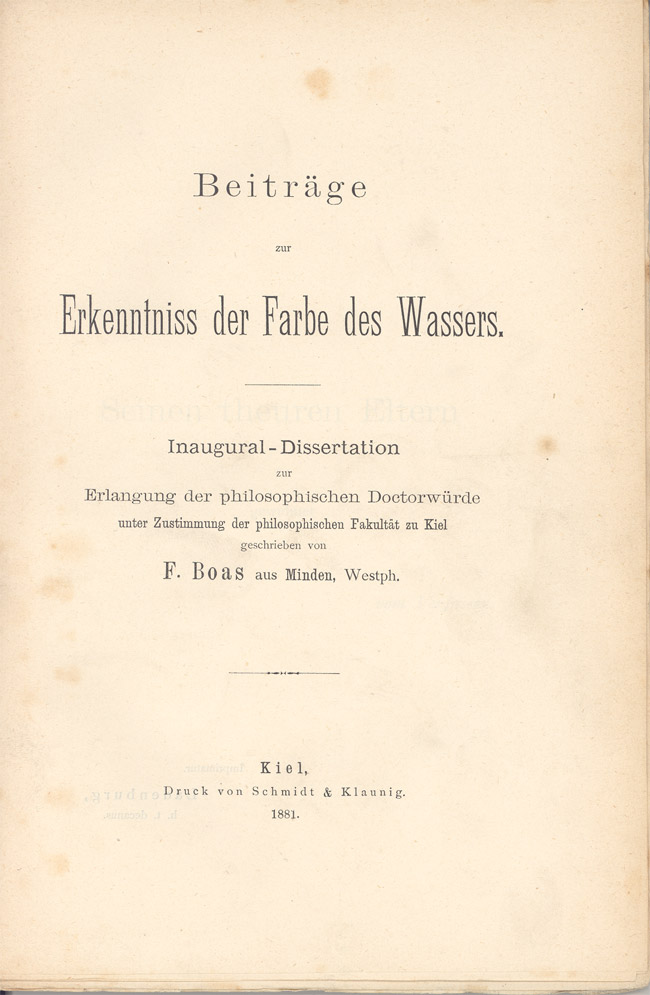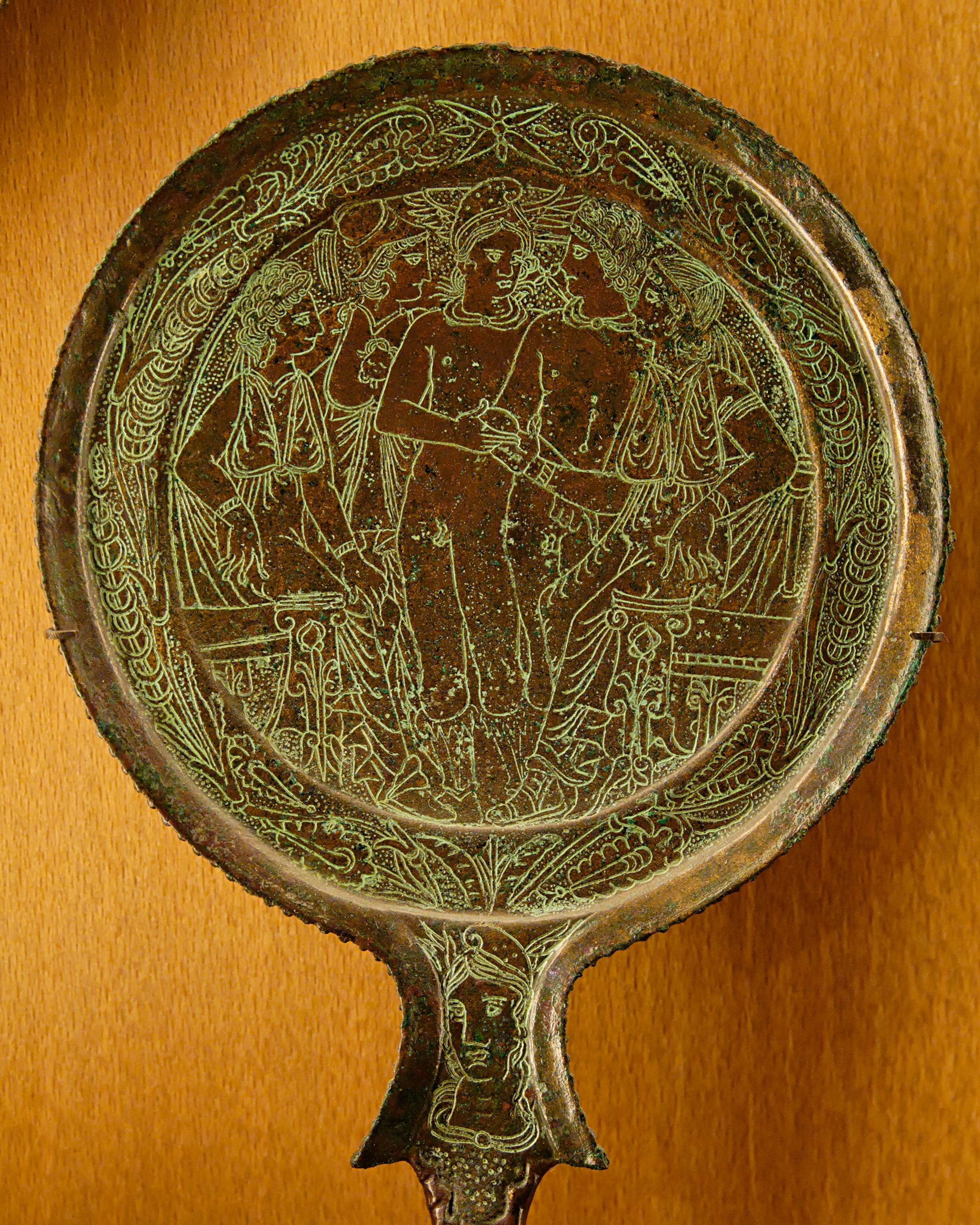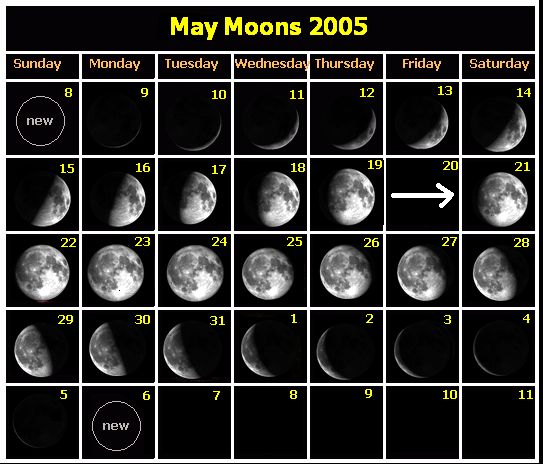|
Off The Verandah
Off the verandah (alt. spelling off the veranda; longer, come down off the verandah) is a phrase often attributed to anthropologist Bronisław Malinowski, who stressed the need for fieldwork enabling the researcher to experience the everyday life of his subjects along with them. In this context, it is also interpreted as criticism of armchair theorizing. Origin While often used to describe Malinowski's message and occasionally attributed directly to him, the origins of the phrase are unclear, and it has also been attributed to Ian Jarvie's criticism of Malinowski's idea in his 1964 '' The Revolution in Anthropology'', in which he paraphrased Malinowski's message to his followers: Significance The phrase refers to the argument promoted by anthropologist Bronisław Malinowski who stressed the need for fieldwork enabling the researcher to experience the everyday life of his subjects alongside them. Malinowski emphasised the importance of detailed participant observatio ... [...More Info...] [...Related Items...] OR: [Wikipedia] [Google] [Baidu] |
Veranda - Faculty Of Fine Arts - University Of Dhaka - Dhaka 2015-05-31 2239
A veranda or verandah is a roofed, open-air gallery or porch, attached to the outside of a building. A veranda is often partly enclosed by a railing and frequently extends across the front and sides of the structure. Although the form ''verandah'' is correct and very common, some authorities prefer the version without an "h" (the ''Concise Oxford English Dictionary'' gives the "h" version as a variant and '' The Guardian Style Guide'' says "veranda not verandah"). Australia's ''Macquarie Dictionary'' prefers ''verandah''. Architecture styles notable for verandas Australia The veranda has featured quite prominently in Australian vernacular architecture and first became widespread in colonial buildings during the 1850s. The Victorian Filigree architecture style is used by residential (particularly terraced houses in Australia and New Zealand) and commercial buildings (particularly hotels) across Australia and features decorative screens of wrought iron, cast iron "lace" or ... [...More Info...] [...Related Items...] OR: [Wikipedia] [Google] [Baidu] |
Franz Boas
Franz Uri Boas (July 9, 1858 – December 21, 1942) was a German-American anthropologist and a pioneer of modern anthropology who has been called the "Father of American Anthropology". His work is associated with the movements known as historical particularism and cultural relativism. Studying in Germany, Boas was awarded a doctorate in 1881 in physics while also studying geography. He then participated in a geographical expedition to northern Canada, where he became fascinated with the culture and language of the Baffin Island Inuit. He went on to do field work with the indigenous cultures and languages of the Pacific Northwest. In 1887 he emigrated to the United States, where he first worked as a museum curator at the Smithsonian, and in 1899 became a professor of anthropology at Columbia University, where he remained for the rest of his career. Through his students, many of whom went on to found anthropology departments and research programmes inspired by their mentor, Boas pr ... [...More Info...] [...Related Items...] OR: [Wikipedia] [Google] [Baidu] |
Anthropology
Anthropology is the scientific study of humanity, concerned with human behavior, human biology, cultures, societies, and linguistics, in both the present and past, including past human species. Social anthropology studies patterns of behavior, while cultural anthropology studies cultural meaning, including norms and values. A portmanteau term sociocultural anthropology is commonly used today. Linguistic anthropology studies how language influences social life. Biological or physical anthropology studies the biological development of humans. Archaeological anthropology, often termed as 'anthropology of the past', studies human activity through investigation of physical evidence. It is considered a branch of anthropology in North America and Asia, while in Europe archaeology is viewed as a discipline in its own right or grouped under other related disciplines, such as history and palaeontology. Etymology The abstract noun ''anthropology'' is first attested in reference t ... [...More Info...] [...Related Items...] OR: [Wikipedia] [Google] [Baidu] |
Emic And Etic
In anthropology, folkloristics, and the social and behavioral sciences, emic () and etic () refer to two kinds of field research done and viewpoints obtained. The "emic" approach is an insider's perspective, which looks at the beliefs, values, and practices of a particular culture from the perspective of the people who live within that culture. This approach aims to understand the cultural meaning and significance of a particular behavior or practice, as it is understood by the people who engage in it. The "etic" approach, on the other hand, is an outsider's perspective, which looks at a culture from the perspective of an outside observer or researcher. This approach tends to focus on the observable behaviors and practices of a culture, and aims to understand them in terms of their functional or evolutionary significance. The etic approach often involves the use of standardized measures and frameworks to compare different cultures, and may involve the use of concepts and theor ... [...More Info...] [...Related Items...] OR: [Wikipedia] [Google] [Baidu] |
A Priori And A Posteriori
("from the earlier") and ("from the later") are Latin phrases used in philosophy to distinguish types of knowledge, justification, or argument by their reliance on empirical evidence or experience. knowledge is independent from current experience (e.g., as part of a new study). Examples include mathematics,Some associationist philosophers have contended that mathematics comes from experience and is not a form of any a priori knowledge () tautologies, and deduction from pure reason.Galen Strawson has stated that an argument is one in which "you can see that it is true just lying on your couch. You don't have to get up off your couch and go outside and examine the way things are in the physical world. You don't have to do any science." () knowledge depends on empirical evidence. Examples include most fields of science and aspects of personal knowledge. The terms originate from the analytic methods found in ''Organon'', a collection of works by Aristotle. Prior analytic ... [...More Info...] [...Related Items...] OR: [Wikipedia] [Google] [Baidu] |
The Golden Bough
''The Golden Bough: A Study in Comparative Religion'' (retitled ''The Golden Bough: A Study in Magic and Religion'' in its second edition) is a wide-ranging, comparative study of mythology and religion, written by the Scottish anthropologist Sir James George Frazer. ''The Golden Bough'' was first published in two volumes in 1890; in three volumes in 1900; and in twelve volumes in the third edition, published 1906–1915. It has also been published in several different one-volume abridgments. The work was aimed at a wide literate audience raised on tales as told in such publications as Thomas Bulfinch's '' The Age of Fable, or Stories of Gods and Heroes'' (1855). The influence of ''The Golden Bough'' on contemporary European literature and thought was substantial. Summary Frazer attempted to define the shared elements of religious belief and scientific thought, discussing fertility rites, human sacrifice, the dying god, the scapegoat, and many other symbols and practices whose in ... [...More Info...] [...Related Items...] OR: [Wikipedia] [Google] [Baidu] |
Functionalist Perspective
Structural functionalism, or simply functionalism, is "a framework for building theory that sees society as a complex system whose parts work together to promote solidarity and stability". This approach looks at society through a macro-level orientation, which is a broad focus on the social structures that shape society as a whole, and believes that society has evolved like organisms. This approach looks at both social structure and social functions. Functionalism addresses society as a whole in terms of the function of its constituent elements; namely norms, customs, traditions, and institutions. A common analogy, popularized by Herbert Spencer, presents theses parts of society as "organs" that work toward the proper functioning of the "body" as a whole. In the most basic terms, it simply emphasizes "the effort to impute, as rigorously as possible, to each feature, custom, or practice, its effect on the functioning of a supposedly stable, cohesive system". For Talcott Parson ... [...More Info...] [...Related Items...] OR: [Wikipedia] [Google] [Baidu] |
Philosophy
Philosophy (from , ) is the systematized study of general and fundamental questions, such as those about existence, reason, knowledge, values, mind, and language. Such questions are often posed as problems to be studied or resolved. Some sources claim the term was coined by Pythagoras ( BCE), although this theory is disputed by some. Philosophical methods include questioning, critical discussion, rational argument, and systematic presentation. in . Historically, ''philosophy'' encompassed all bodies of knowledge and a practitioner was known as a ''philosopher''."The English word "philosophy" is first attested to , meaning "knowledge, body of knowledge." "natural philosophy," which began as a discipline in ancient India and Ancient Greece, encompasses astronomy, medicine, and physics. For example, Newton's 1687 ''Mathematical Principles of Natural Philosophy'' later became classified as a book of physics. In the 19th century, the growth of modern research universiti ... [...More Info...] [...Related Items...] OR: [Wikipedia] [Google] [Baidu] |
Methodology
In its most common sense, methodology is the study of research methods. However, the term can also refer to the methods themselves or to the philosophical discussion of associated background assumptions. A method is a structured procedure for bringing about a certain goal. In the context of research, this goal is usually to discover new knowledge or to verify pre-existing knowledge claims. This normally involves various steps, like choosing a sample, collecting data from this sample, and interpreting this data. The study of methods involves a detailed description and analysis of these processes. It includes evaluative aspects by comparing different methods to assess their advantages and disadvantages relative to different research goals and situations. This way, a methodology can help make the research process efficient and reliable by guiding researchers on which method to employ at each step. These descriptions and evaluations of methods often depend on philosophical background ... [...More Info...] [...Related Items...] OR: [Wikipedia] [Google] [Baidu] |
James George Frazer
Sir James George Frazer (; 1 January 1854 – 7 May 1941) was a Scottish social anthropologist and folklorist influential in the early stages of the modern studies of mythology and comparative religion. Personal life He was born on 1 January 1854 in Glasgow, Scotland, the son of Katherine Brown and Daniel F. Frazer, a chemist. Frazer attended school at Springfield Academy and Larchfield Academy in Helensburgh. He studied at the University of Glasgow and Trinity College, Cambridge, where he graduated with honours in classics (his dissertation was published years later as ''The Growth of Plato's Ideal Theory'') and remained a Classics Fellow all his life. From Trinity, he went on to study law at the Middle Temple, but never practised. Four times elected to Trinity's Title Alpha Fellowship, he was associated with the college for most of his life, except for the year 1907–1908, spent at the University of Liverpool. He was knighted in 1914, and a public lectureship in social ... [...More Info...] [...Related Items...] OR: [Wikipedia] [Google] [Baidu] |
André Singer (producer)
André Felix Vitus Singer is a British documentary film-maker and an anthropologist. He is currently Chief Creative Officer of Spring Films Ltd of London, a Professorial Research Associate at the London School of Oriental and African Studies, and emeritus president of the Royal Anthropological Institute of Great Britain and Ireland where he was president from 2014 to 2018. Born in London, he studied at University Hall, Buckland, then at Keble College, and subsequently at Exeter College, at Oxford University under Professor Sir E.E. Evans-Pritchard, specialising in Iran and Afghanistan for his doctorate. He started working in television in the early 1970s as a researcher, then as a producer and director for the ''Disappearing World'' series at Granada Television, eventually taking over from Brian Moser as the Series Editor. Biography His wife is anthropologist and writer Lynette Singer. As a director, Singer has made many award–winning films, including the ''Strangers Abro ... [...More Info...] [...Related Items...] OR: [Wikipedia] [Google] [Baidu] |
Ethnography
Ethnography (from Greek ''ethnos'' "folk, people, nation" and ''grapho'' "I write") is a branch of anthropology and the systematic study of individual cultures. Ethnography explores cultural phenomena from the point of view of the subject of the study. Ethnography is also a type of social research that involves examining the behavior of the participants in a given social situation and understanding the group members' own interpretation of such behavior. Ethnography in simple terms is a type of qualitative research where a person puts themselves in a specific community or organization in attempt to learn about their cultures from a first person point-of-view. As a form of inquiry, ethnography relies heavily on participant observation—on the researcher participating in the setting or with the people being studied, at least in some marginal role, and seeking to document, in detail, patterns of social interaction and the perspectives of participants, and to understand these i ... [...More Info...] [...Related Items...] OR: [Wikipedia] [Google] [Baidu] |









